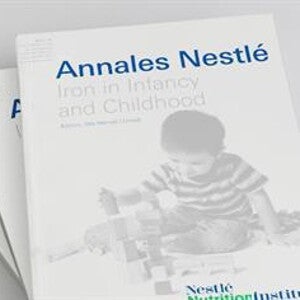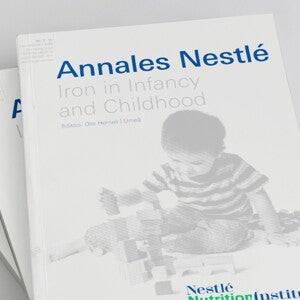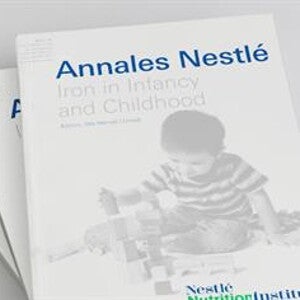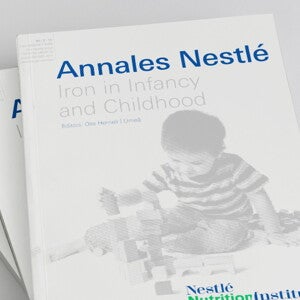Annales Nestlé

Annales 82.4 - Maternal Nutrition and the Life-Long Health of Their Offspring

Annales 82.3 - Complementary Feeding and Future Health

Annales 82.2 - Nutrition, Microbiome and Health

Annales 82.1 - Optimising Growth in Preschool Children for Health and Development

Annales 81.1 - Advancing neonatal nutrition: Paving the path from present to future

Annales 80.2 - Prevention of allergies in the post-pandemic era

Annales 80.1 - Foods for the future and their potential impact on child nutrition

Annales 79.2 - Children‘s Diets in a Changing World

Annales 79.1 - Pediatric issues in time of pandemia: From infection to nutritional strategies

Annales 78.2 - Gut Microbiota: No Longer the Forgotten Organ

Annales 77.3 - Vitamin D: From Gestation to Adolescence in Health and Disease

Annales 77.1 - Early-Life Contributors to Child Well-Being

Annales 76.3 Allergic or Pseudo-Allergic Gastrointestinal Disorders

Annales 76.2 - Challenges and Opportunities during the Complementary Feeding Period